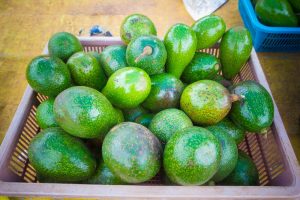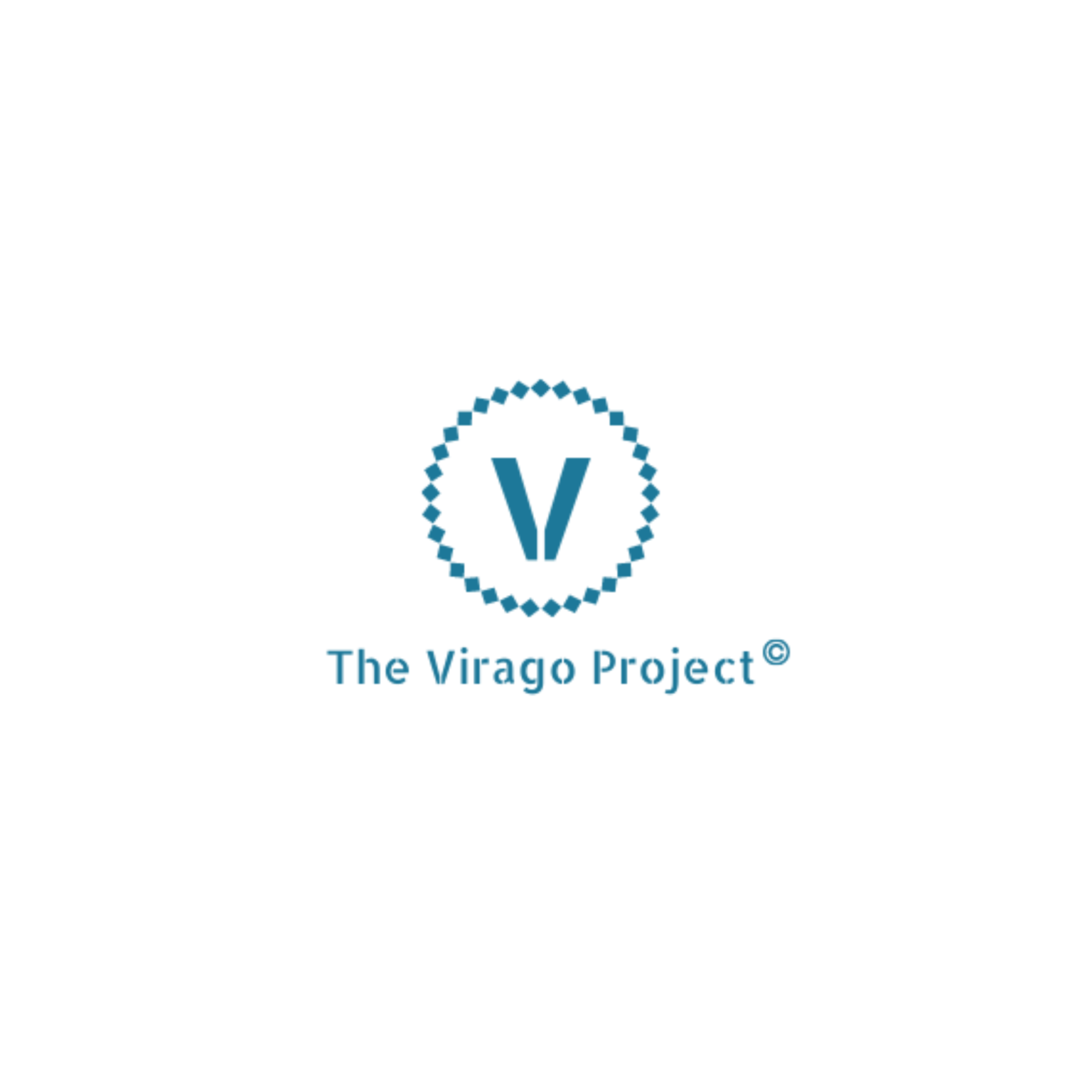If you’ve landed on this blog post, chances are you’re someone who is looking for a way to improve your life through the power of nutrition.
Knowing how to properly nourish your body has MAJOR benefits, including increased energy and focus, improved muscular and cardiovascular performance, clearer skin, better moods… I mean the list goes on and on.
Prior to becoming a Division I athlete and adopting healthier routines around food, I was an “okay-healthy” teenager from South Carolina who thought eating Krispy Kreme donuts before volleyball games was normal. Needless to say, those kinds of habits did not fly when I was challenged to take my fitness to a new level in college.
It didn’t take long for me to realize that I practiced much better with a whole wheat chicken sandwich in my stomach than with a fried sesame chicken platter from the student union.
Still today, as a retired athlete I know that I feel most clear and energetic when I am properly fueled.
Now, let me say this LOUD and CLEAR: There will always be space for those original glazed donuts and meals of shrimp fried rice in my diet, and you should enjoy your favorite foods from time to time, too.
The information I plan to share with you today is not to be taken as another diet-culture campaign of “EAT THIS, NOT THAT”.
No, no, not here.
What I am going to share with you today is a science-backed overview of basic nutrition principals that can help you live a long and healthy life.
WATER

Before I even get to the “food” part of this post I want to take a moment to discuss the importance of water.
Water is literally the foundation of life.
When astronauts are searching for life on other planets the first thing they look for is water (not soda, juice, coffee, or sports drinks). No water, no life.
The same rule applies to us as humans. Without water, you’ll probably die within four days.
Nearly all of our major physiological systems rely on water to function properly and survive. Point blank, it’s important.
Now that we know hydration is important and helps us with digesting food, eliminating waste, circulating our blood, and getting glowy skin, I want you to think back to a time when you had to study for a test.
In most cases, your exam results reflect the amount of time and effort you spend studying. Study more, get better results.
Similarly, the more hydrated you are the better off your internal organs, mental focus, moods, and morning bowel movements are.
So how much water should you drink each day?
That’s really up to you.
Some people, like Tom Brady, have been known to drink more than 5 Gallons of H20 each day. If you’re like me and don’t enjoy visiting the ladies’ room every ten minutes, I recommend a daily water intake of no less than 2.5 L.
This might seem like a lot of water if you’re a total beginner, but give it a month or two before throwing in the towel. If you need help with the taste, try cutting up lemon slices and throwing them into a water bottle before leaving the house.
I also recommend purchasing a 1L water bottle, so you know exactly how much water you’ve had each day.
All of the athletes at my university were given 1L water bottles like these: https://www.amazon.com/Gatorade-Squeeze-Bottle/dp/B07NSNYM9J
CARBOHYDRATES

Carbs are your friend! I repeat, carbs are your friend!
They give your body energy to do all of your favorite things like walking to the grocery store, lifting weights at the gym, and dancing with your girlfriends.
When we eat carbohydrates our stomach breaks them down into something called glucose, which is the primary source of fuel circulating in our blood at any given time.
After glucose enters our bloodstream, it attaches itself to cells that transport its energy to useful places like muscle fibers and brain tissues. Kind of like Uber.
Now, let’s talk about the quality of different carbohydrates.
Imagine that you are the owner of a shiny new luxury car. This car is the fastest, most agile, and the most efficient vehicle you have ever driven.
Before leaving the lot at the dealership, your car salesman reminds you that you’ll need to fuel the car with the more expensive “PREMIUM” gas option if you want to maintain that awesome driving experience.
We can apply the same principle to our bodies when we are choosing what kind of carbohydrates to eat.
Not all carbs are created equal.
Fast-acting carbohydrates are quickly broken down in our bodies, causing our blood sugar levels to spike and leaving us hungry. The energy we get from fast-acting carbohydrates is short-lived and usually followed by sluggishness, fatigue, and hunger.
Examples of Fast-Acting Carbs:
- White Bread, White Rice, Corn, Most Cereals
- Candy, Icecream
- Orange Juice, Soda, Sweetened Coffee Drinks
- Pastries, Cake, Cookies
- Refined Sugar
On the other hand, slow-acting carbohydrates have complex molecular makeups that take a long time to breakdown in our bodies.
The glucose from these carbs releases energy into our bloodstreams at a slow and steady pace. These carbs won’t cause blood sugar spikes or sugar crashes.
You will feel fuller for longer after eating slow-acting carbs and your energy levels will be sustained throughout the day, versus going up and down every time you eat.
Slow carbs are perfect for fueling you through an intense workout or game, or even a long day at work or school. They also offer extra vitamins and minerals that help your cells produce energy better and boost your overall health.
Examples of Slow-Acting Carbs:
- Oatmeal, Brown Rice, Whole Grain Pastas/Bread
- Sweet Potatoes
- Green Vegetables
- Most Fruits
- Beans and Legumes
- Natural Sugar
Protein

Protein is an essential part of the human diet. Each cell in our body is made up of long chains of proteins called amino acids. Without protein, our cells will rapidly deteriorate and our bodies will become weak. How exactly does protein support our livelihood?
- It is a building block of muscle cells, bone cells, skin cells, and cartilage cells. Your hair, skin, and nails are also all made up of protein.
- Your body uses protein to build lean muscle and repair muscle tissues.
- Red blood cells contain a protein in them that carries oxygen throughout the entire body.
- Your body turns some of the protein you eat into enzymes, which helps you digest your food.
- Protein plays a huge role in regulating your hormones, especially when if you’re pregnant or going through puberty.
- Protein will help you curb hunger and stay fuller for longer.
This is why it is so very important that you consume some form of protein every single day. As a general rule, you should aim to include a plant or animal protein with each meal.
Examples of Proteins:
- Fish, Chicken, Beef, Pork
- Eggs, Yogurt, Cottage Cheese
- Lentils, Beans, Quinoa
- Tempeh, Tofu
- Protein Powders (always check for safe ingredients)
FATS

Fats! Fats are wonderfully delicious and without them, you’d die! Similar to carbs and proteins, fats play an essential role in cellular production and maintenance. Fats control the movement of substances that go in and out of your cells and provide more energy to a cell than carbohydrates or proteins.
Some fats are better for you than others. Saturated fats found in meat, dairy, and palm oils are generally safe to eat. The same goes for unsaturated fats found in nuts, seeds, seafood, and avocados. When it comes to fats you’ll want to enjoy them all in moderation, but try to avoid trans fat when you can. Trans fats generally have no nutritional value and can harm your body when consumed in excess.
Examples of Trans Fats:
- Fried Foods
- Processed Snacks
- Baked Goods
Examples of Healthy Fats:
- Olive Oil, Peanut Oil, Coconut Oil, Seed Oils
- Most Nuts and Seeds
- Fatty Fish: Tuna, Salmon, Mackerel, Herring, Trout
- Avocados
Alright.
Now that you’re educated on all things protein, carbs, and fats, you can use this newfound knowledge to make healthy decisions when you’re out for lunch or walking down the aisles of a grocery store.
I am a firm believer in “everything in moderation” and do not recommend removing all of the fun foods like french fries and donuts from your diet.
However, I do recommend opening your mind (and your mouth) to trying some of the more nutrient-dense foods listed above.
I can’t promise that doing so will help you live past 100 years old or make you an Olympian.
But I do know is that making small healthy decisions for yourself at least once every day will add up over time, and your body will totally thank you for it!



